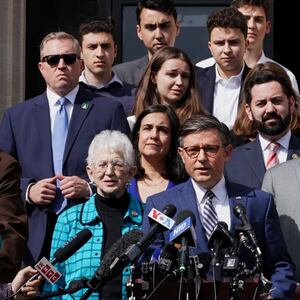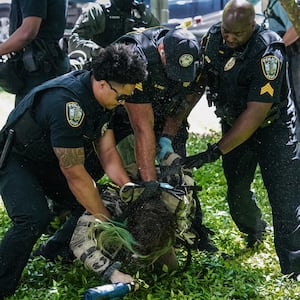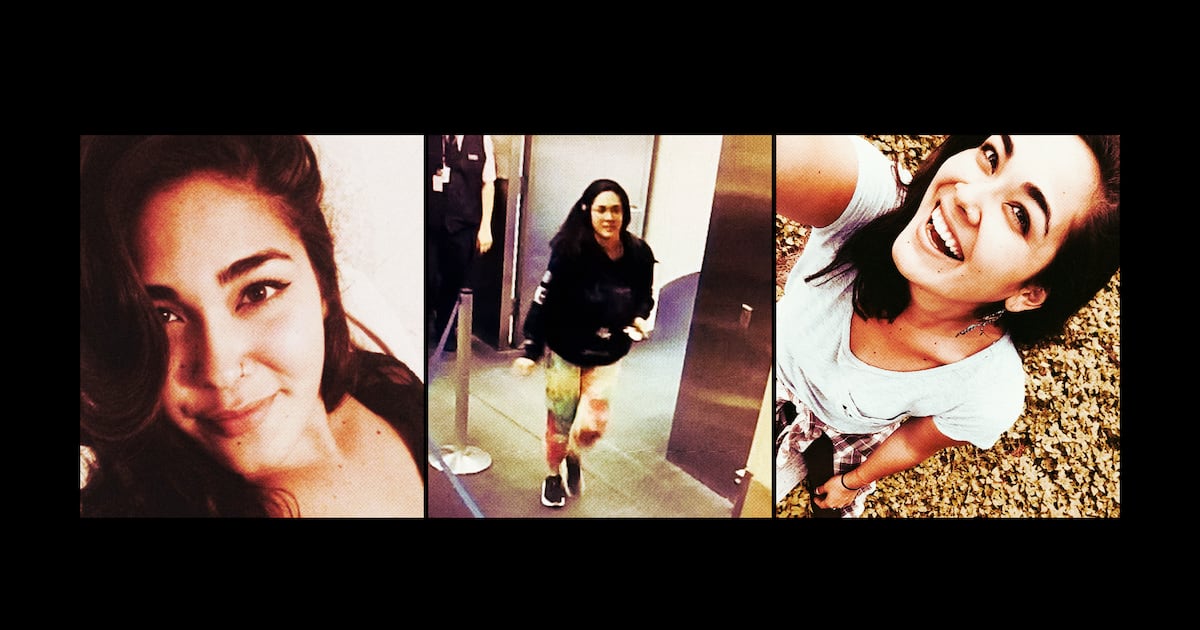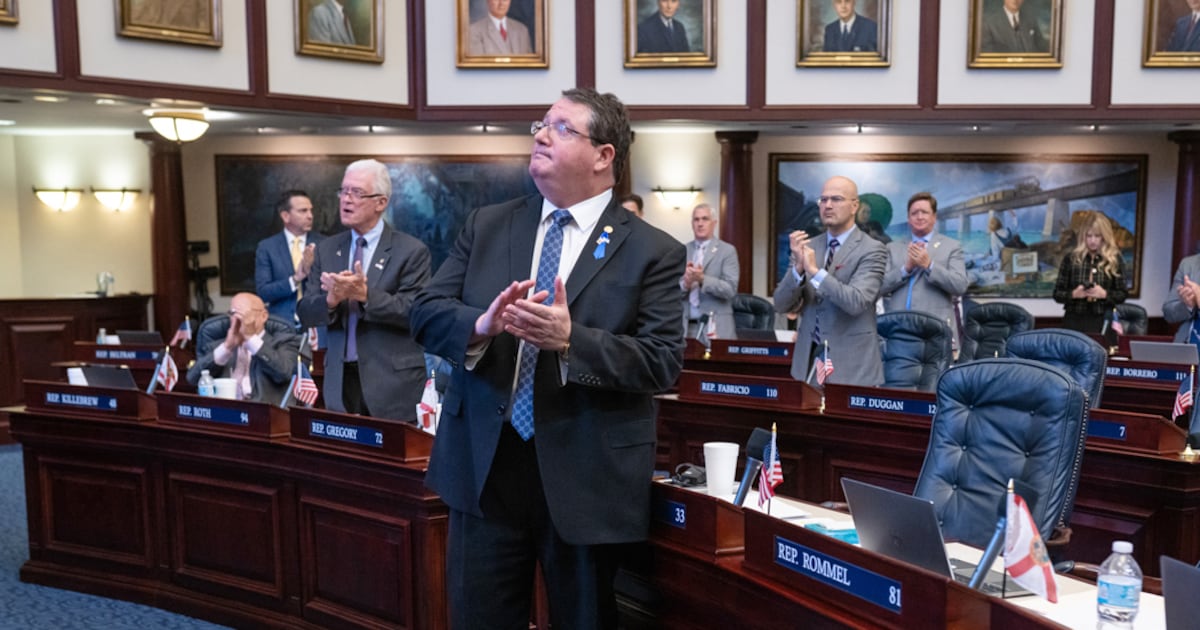Plans for alumni reunions at Columbia University are turning controversial, with some alumni planning to stay away over the continued protests against the war in Gaza on campus.
Debate raged in a Facebook group for members of the class of 1989 this week, with at least 10 people saying they would not attend their class’s 35th reunion on campus.
A post declaring “I WILL NOT ATTEND REUNION!” and featuring an image of a star of David received 18 likes and more than 50 comments in less than 24 hours.
ADVERTISEMENT
“The situation has deteriorated beyond what I could have imagined,” one alum wrote. “I feel no need to stick around. We—the Jewish community, alums, students and faculty—aren’t wanted or valued.”
The Columbia Alumni Association and reunion planning committee did not respond to a request for comment.
The class of 1989 discussion started on Thursday, two weeks after students erected tent encampments at the upper Manhattan campus to protest Israel’s bombings on the Palestinian territory.
The administration has unsuccessfully attempted to oust the protesters, leading to clashes with the police and the arrest of more than 100 students. The school announced this week that all classes on the main campus will be held remotely for the remainder of the semester.
The protests have since spread to other college campuses and become a major political issue, with leading members of U.S. Congress showing up to show their support for the protesters or for Jewish students. Hundreds of students have been arrested, and at least one school—the University of Southern California—canceled its graduation ceremony.
Now, alumni are grappling with whether they want to be on campus, too.
Karin, a class of 1989 alum who asked to be identified by her first name for fear of harassment, said she had never attended a reunion before and would not go this year because of the administration’s “lack of response” to the protests.
“It’s disgusting what‘s going on, and so I have no interest in any way in supporting my alma mater,” she told The Daily Beast. “I’ve been saying for weeks now that I am no longer proud to say I went to Columbia. I’m disappointed.”
Karin, who described herself as a Zionist and a “proud Jew,” has strong ties to the school: Her daughter is an alumna, her husband attended business school there, and both she and her mother worked for the university. But she said she is now happy that neither of her sons, who are both in college, chose to attend the Ivy League school.
“I really don’t think they’ve done enough to make the current students feel safe,” she said, adding that she did not know if she would feel safe being on campus for reunion, either. (The protests have been largely peaceful, though there have been chants of “From the river to the sea,” which some see as a call for the destruction of Israel.)
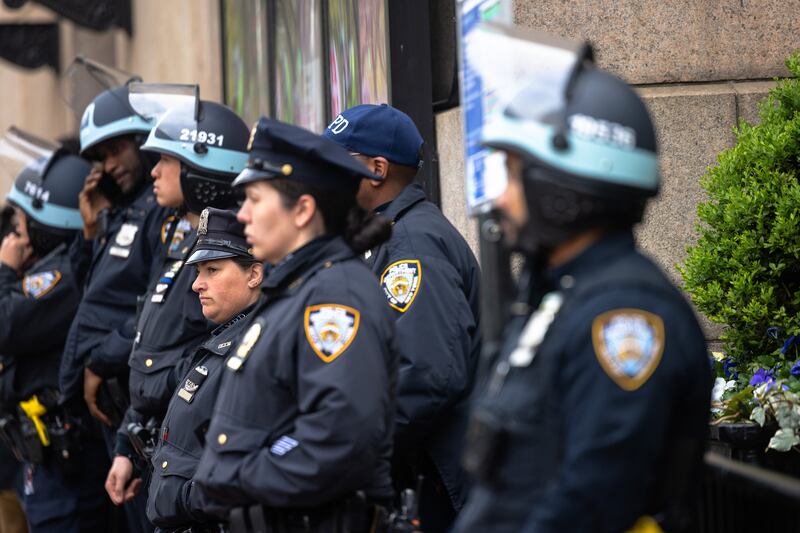
NYPD officers stand guard outside of Columbia University on April 24.
Michael M. Santiago/GettyOther alumni were less decided. Amy Keyishian, a graduate of Columbia’s all-women Barnard College, said she was considering staying away for fear that the environment on campus would be too anxiety-provoking.
“I just don’t want the drama,” she said. “It’s not even that I’m angry at the university; I don’t know what I would do in [Columbia President Minouche Shafik’s] shoes… I just don’t want to be around it.”
Keyishian is on the planning committee for the Barnard reunion, and said emails have been flying in recent days about how to address the situation. One woman has already stepped down from the committee for “ideological reasons,” she said, while others are trying to stay the course.
“I’m just keeping my mouth shut for once,” Keyishian said.
Few members of the class have expressed support for the protesters, though a number urged their fellow alumni not to turn their backs on the school. A post about a petition in support of the protesters received a single like, and two of the three comments on it were alumni expressing their disagreement.
Many of the alumni admitted they didn’t know how much difference their boycott would make, and some said they doubted the event would even take place if the protests continued.
“If things can be cleared out by graduation, that might be the litmus test for me,” said Jennifer, an alum who asked to be identified by first name only. “If they cancel graduation, I would not go in solidarity with these poor seniors.”
Carl Schaerf, a class of 1988 grad, said about 120 to 130 people show up to a typical class reunion, which is held every five years.
“Would it surprise me if they lost another 20 off of that? It wouldn’t,” he said. “It’s not a particularly comfortable time to be on that campus.”
Schaerf said he respects students’ right to protest but thinks the administration should restore more order to campus.
“I think Jewish alums should be donating to the [campus Jewish organization] Hillel, which will send the right message,” he said. “Beyond that, I don’t really have a good answer.”


